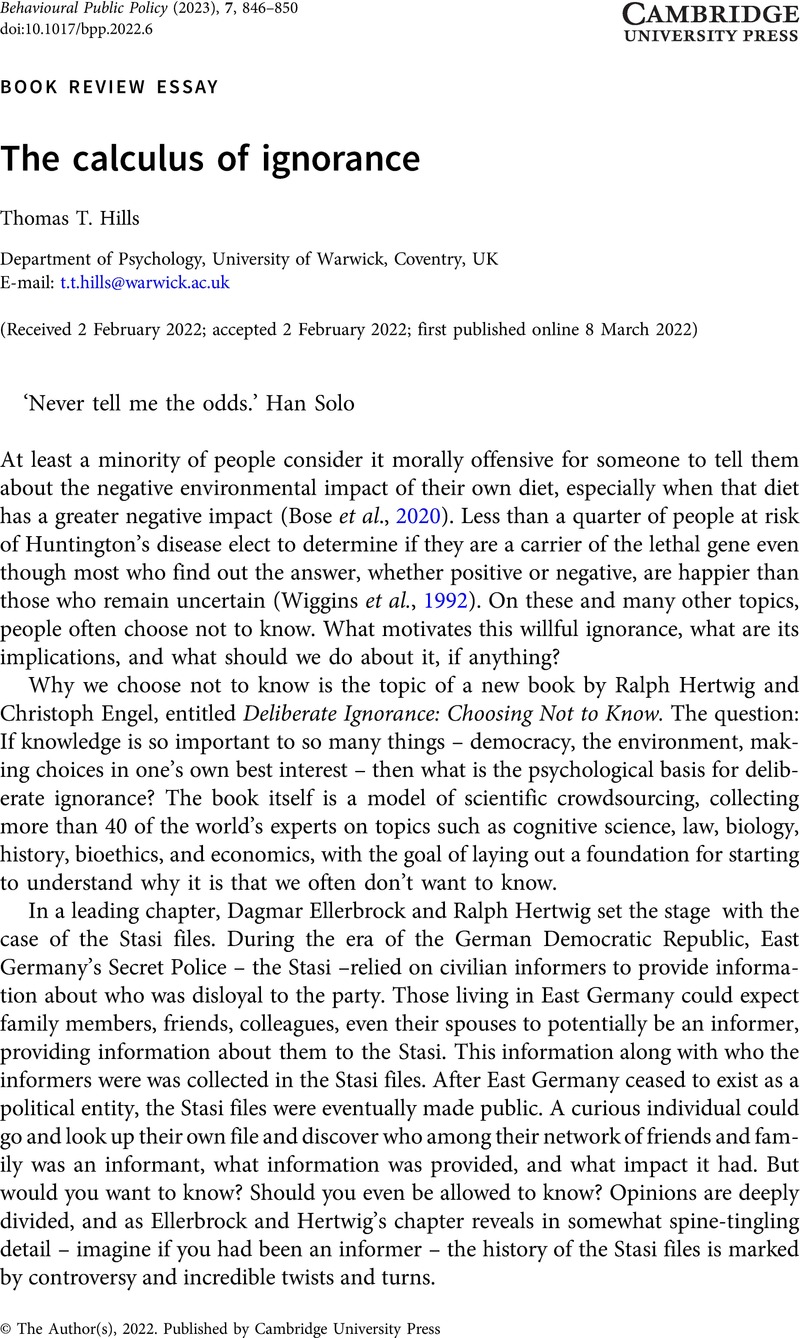Wiggins, S.,
Whyte, P.,
Huggins, M.,
Adam, S.,
Theilmann, J.,
Bloch, M., S. B. Sheps, M. T. Schechter, M. R. Hayden, and the Canadian Collaborative Study of Predictive Testing (
1992), ‘
The psychological consequences of predictive testing for Huntington's disease’,
New England Journal of Medicine,
327:
1401–
1405.
CrossRefGoogle ScholarPubMed 